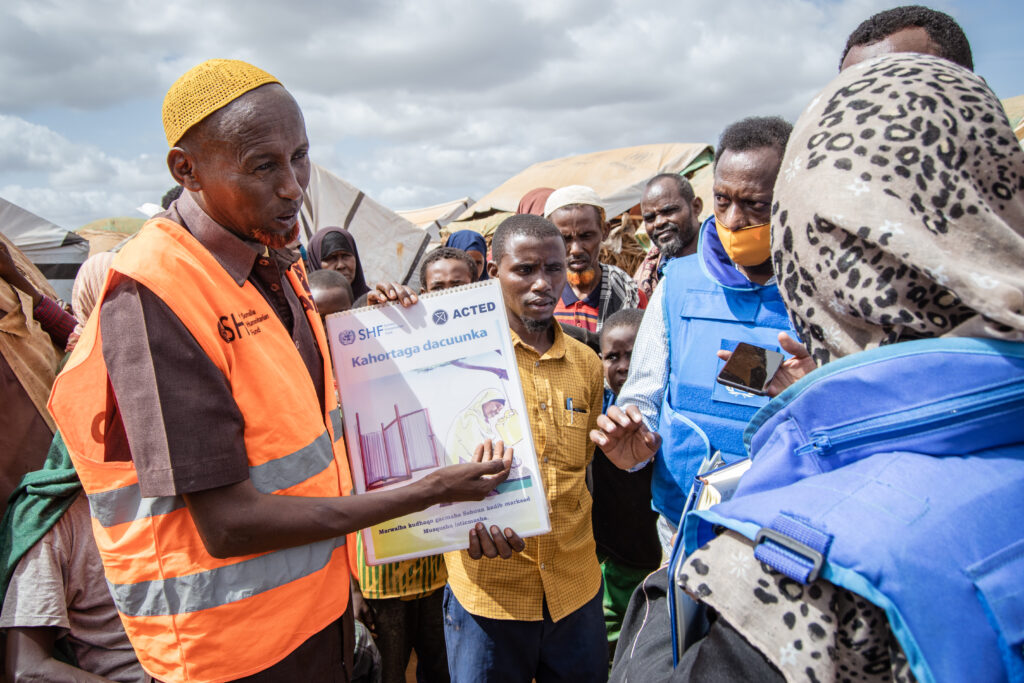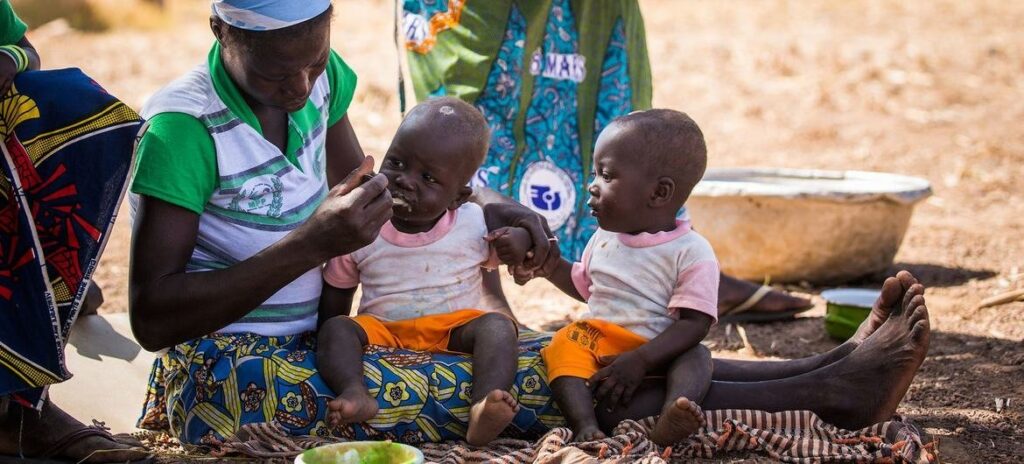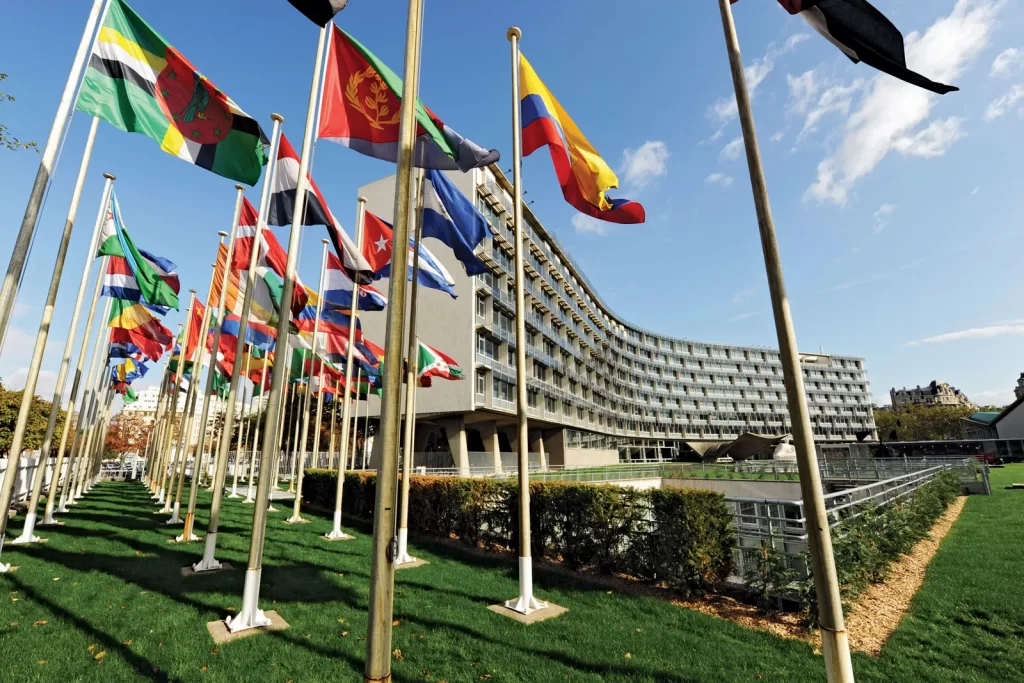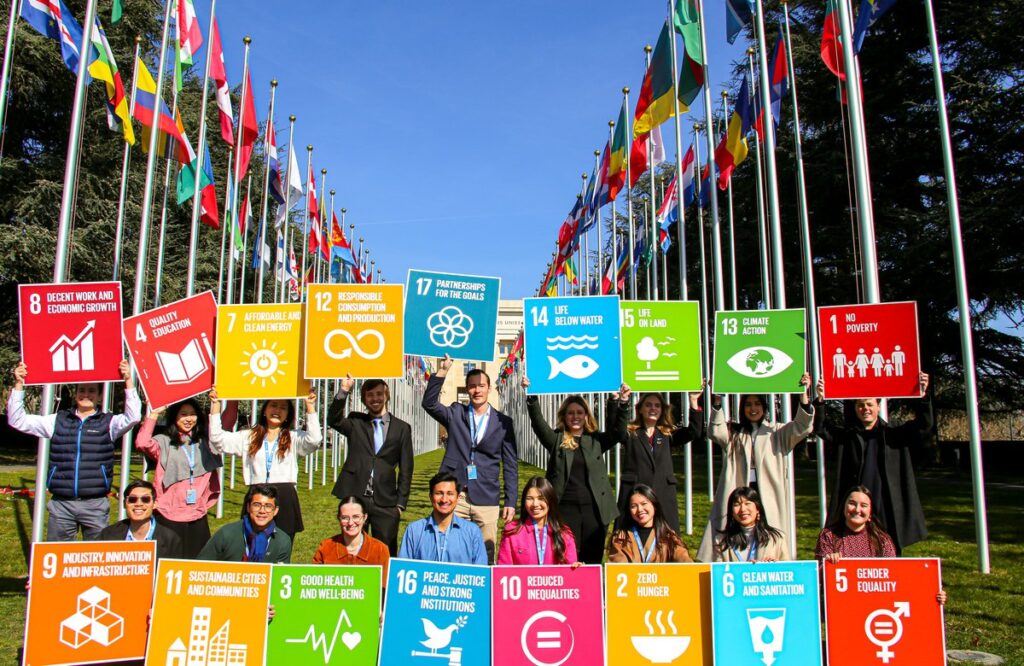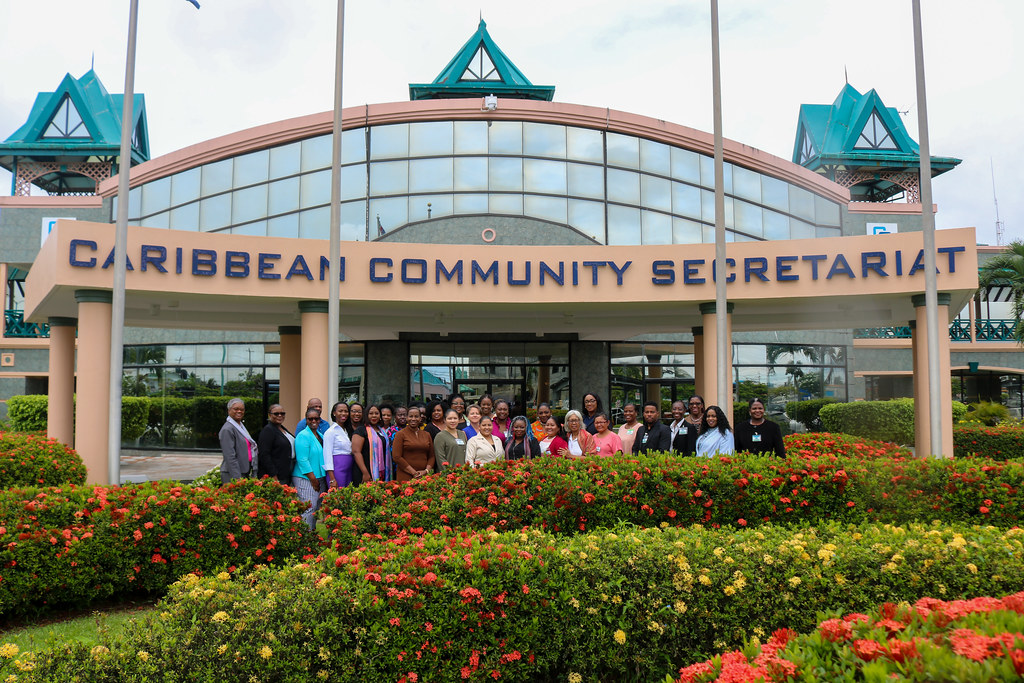UPDATE: Humanitarian worker casualties in wars remain high this year; 18 million people in Myanmar need help
New York, August 17 – While they were bringing life-saving assistance from food supplies to healthcare to civilians caught in the wars in Ukraine, Sudan and other conflicts, a total of 62 aid workers have been killed so far this year, 34 kidnapped and scores were wounded, the U.N. said on the occasion of World Humanitarian Day 2023.
This year also marked the 20th anniversary the suicide bomb attack on the U.N. headquarters located at the Canal Hotel in Baghdad, Iraq, which killed 22 U.N. staff and injured some 150 local and international aid workers. The World Humanitarian Day is commemorated August 19 each year since that attack in 2003.
The U.N. warned that 2023 is set to become another year of high numbers of aid worker casualties. There were 116 aid workers killed in 2022.
“World Humanitarian Day and the Canal Hotel bombing will always be an occasion of mixed and still raw emotions for me and many others,” said the U.N. chief coordinator on humanitarian affairs, Martin Griffiths.
“Every year, nearly six times more aid workers are killed in the line of duty than were killed on that dark day in Baghdad, and they are overwhelmingly local aid workers. Impunity for these crimes is a scar on our collective conscience. It is time we walk the talk on upholding international humanitarian law and tackle impunity for violations.”
The humanitarian affairs office said despite the dangers and death facing aid workers in war conditions, “humanitarians of all stripes are campaigning this year to highlight their continuing commitment to deliver for the communities they serve, no matter who, no matter where and #NoMatterWhat.”
“In the face of skyrocketing humanitarian needs, the U.N. and its partners aim to help almost 250 million people in crises around the world – 10 times more people than in 2003.”
The U.N. said South Sudan has ranked highest in insecurity for several consecutive years. There have been 40 attacks on aid workers and 22 fatalities have been reported as of August 16, 2023.
Sudan is a close second, with 17 attacks on humanitarians and 19 fatalities reported so far this year. This toll surpasses numbers not seen since the height of the Darfur conflict between 2006 and 2009.
Other aid worker casualties have been recorded in the Central African Republic, Mali, Somalia and Ukraine. Last year, 444 aid workers were attacked. In 2022, 460 humanitarians were attacked, resulting in 141 deaths.
{Note: The numbers of casualties so far in 2023 are according to provisional data from the Aid Worker Security Database research team at Humanitarian Outcomes and are subject to change following a verification process}
Lack of access and funding hampering aid to 18 million people in Myanmar (Following is a press release from theU.N. Office for the Coordination of Humanitarian Affairs (OCHA)
Myanmar, August 17 – Under-Secretary General for Humanitarian Affairs and Emergency Relief Coordinator Martin Griffiths called for expanded humanitarian access and increased funding to assist the 18 million people in need of aid across Myanmar.
“Successive crises in Myanmar have left one third of the population in need of humanitarian aid,” Griffiths said at the end of a three-day visit to the country. “They expect more and better from their leaders and from the international community.”
Humanitarian needs in Myanmar have surged in recent years, with the number of displaced persons increasing fivefold in less than three years, from 380,000 at the start of 2021 to 1.9 million at present.
During the visit, Griffiths met with families affected by conflict and natural disasters, including with Rakhine and Rohingya communities and with Myanmar authorities.
Griffiths visited Rakhine state, still reeling from the impact of cyclone Mocha three months ago. The cyclone flattened homes, damaged displacement camps, destroyed farmland, and killed livestock, leaving thousands of people vulnerable.
“Families are struggling to cope after the successive blows of the COVID-19 pandemic, conflict and cyclone Mocha. We stand ready to do more both in Rakhine and nationwide, but we urgently need greater access and more funding to do so.”
In the capital Nay Pyi Taw, Griffiths met with the State Administration Council Chairman, Senior General Min Aung Hlaing, with whom he discussed what humanitarians need to scale-up direct aid to affected populations in areas affected by conflict and natural disasters.
“My meetings were an opportunity to raise the need for expanded access,” Griffiths said. “I also expressed my concerns about the protection risks facing civilians in conflict areas and the bureaucratic constraints we humanitarians are facing in reaching them. It is critical for us to have the humanitarian space we need for safe, sustained aid deliveries around the country,” Griffiths said.
Despite rising needs, the humanitarian operation in Myanmar is facing a huge resource gap with just 22 per cent of required funds received more than half-way through the year.
“Over the past three days, I spoke with brave aid workers about their efforts to help those in need. However, a severe lack of funding means aid agencies are forced to make tough decisions about cutting assistance at a time when they should be scaling up even further. This needs to change,” Griffiths said.
For further information, please contact:
Geneva: Jens Laerke +41 79 4729750, laerke@un.org
OCHA press releases are available at www.unocha.org or www.reliefweb.int
Vanessa Huguenin
Media Relations Section
United Nations Office for the Coordination of Humanitarian Affairs (OCHA)
Mobile: +41 79 202 68 44 | Email: huguenin@un.org
United Nations correspondent journalists – United Nations correspondent journalists – United Nations correspondent journalists – United Nations journalism articles – United Nations journalism articles – United Nations journalism articles – United Nations News – United Nations News – United Nations News

